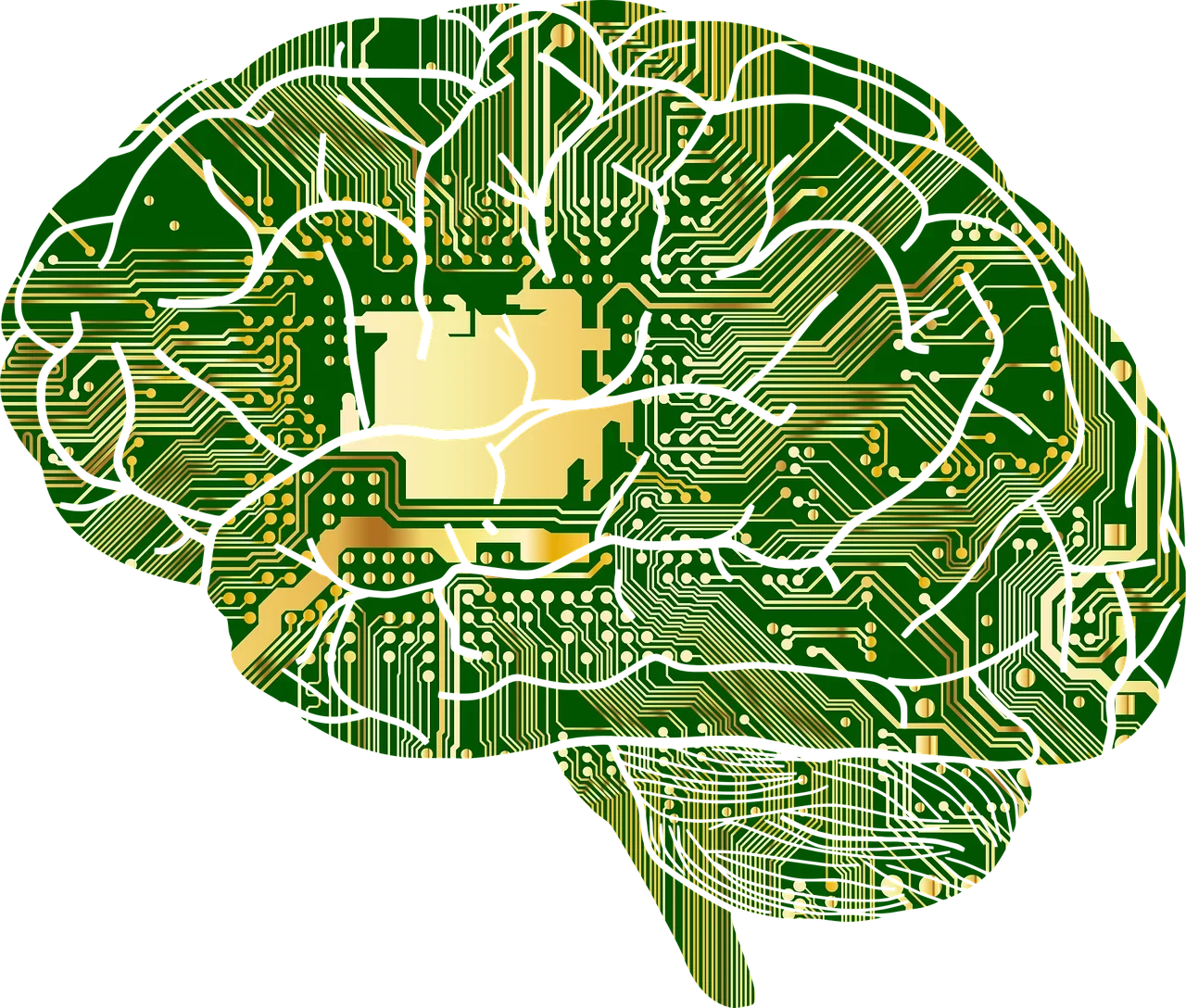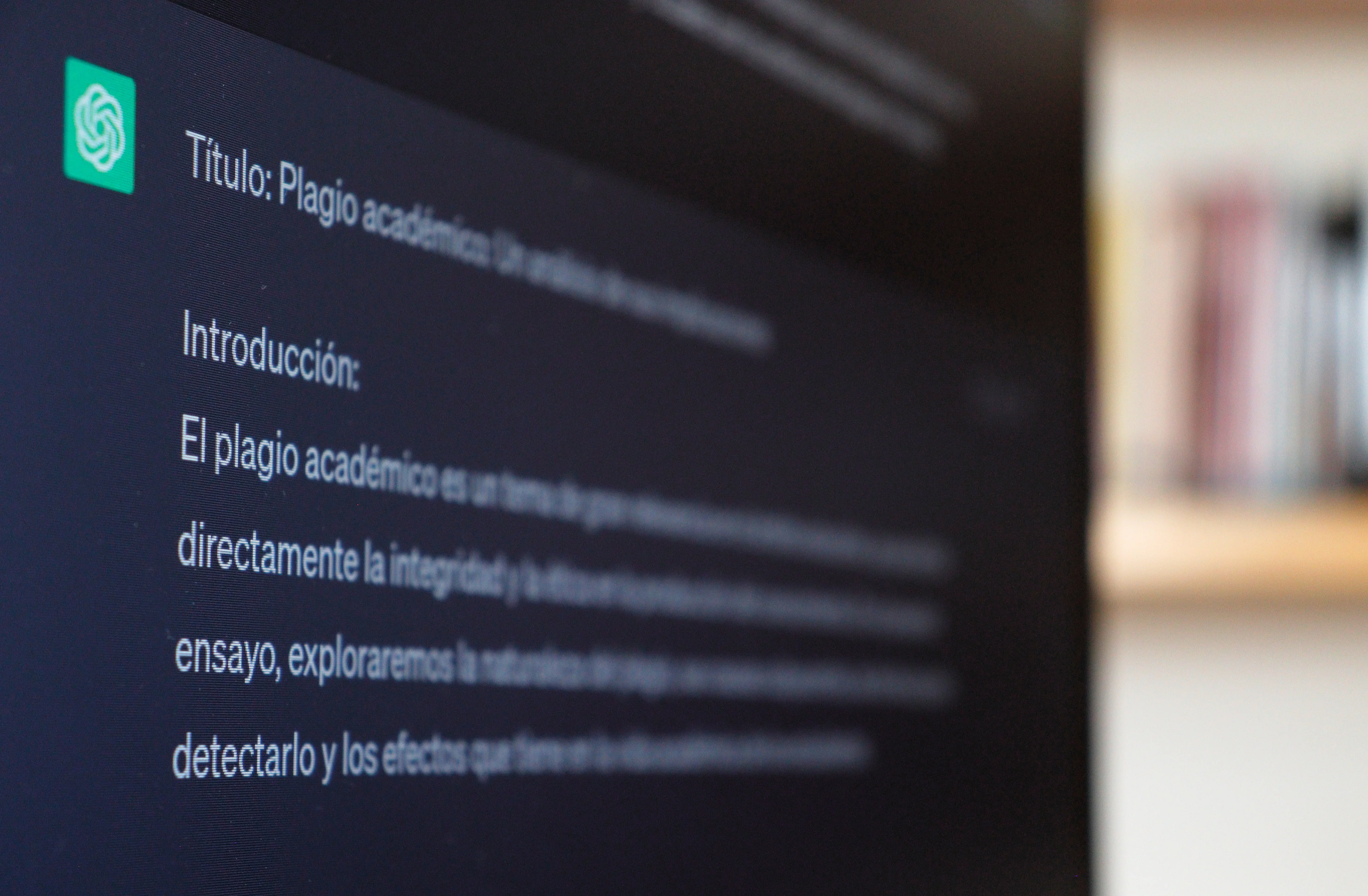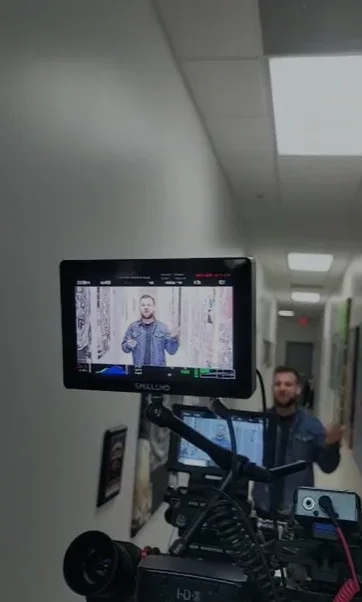Artificial Intelligence and the Job Market: Where Automation Ends and Unemployment Begins
When algorithms start writing reports, managing warehouses, conducting interviews, and forecasting markets better than we do — what’s left for us? In 2025, this isn’t a hypothetical. It’s happening.
From ChatGPT-powered platforms to autonomous logistics and virtual recruiters, industries across the globe are being reshaped. While politicians promise “upskilling” and “new economies,” many office workers, customer agents, and even doctors ask: Is there still a place for me in an AI-powered world?
G7: Progress Comes at a Cost
In G7 countries, AI is replacing jobs in:
- banking and insurance (fraud detection, audits, client support)
- media and communications (content generation, translation)
- logistics (warehouse automation, route optimization)
- healthcare (AI diagnostics, data triage, virtual assistants)
The UK alone reports over 270,000 office jobs replaced as of mid-2025, according to Oxford Economics. Germany’s insurance firms now deploy hybrid chatbots for client consulting. But not all is lost — Japan reports over 400,000 new tech jobs driven by AI expansion.
Southeast Asia: Speed Meets Risk
In nations like South Korea, Singapore, Thailand, and the Philippines, AI implementation is rapid and ruthless. In the Philippines, up to 18% of customer service staff have been replaced or reassigned due to generative AI bots. South Korea has automated nearly half of its call center workforce.
Where Humans Still Reign
AI still cannot replace:
- empathy-driven work (therapy, social care)
- early education
- craftsmanship and hands-on trades
- strategic leadership
Meanwhile, AI’s own growth creates jobs — from ethics consultants to prompt engineers and data trainers.
Not Job Loss — Job Shift
McKinsey estimates 400 million workers may need reskilling by 2030. But history shows: tech revolutions shift jobs, not destroy them. Nations like Canada and France are funding national AI training programs and business grants for upskilling.
What’s Next?
By the end of summer 2025:
- The US may introduce AI workplace ethics guidelines
- The EU may link green funding with AI employment audits
- South Korea is preparing labor protection standards for AI transitions
The focus is shifting from “man vs machine” to “man with machine.” AI won’t replace us. But it will force us to evolve.
You may also like
 The Future of Work: Which Professions Will Be Dictated by Artificial Intelligence?
The Future of Work: Which Professions Will Be Dictated by Artificial Intelligence? "When AI becomes a "second brain" in the phone: where does help end and personal responsibility begin?"
"When AI becomes a "second brain" in the phone: where does help end and personal responsibility begin?" The "Moltbook" social network, exclusively for AI, has already gathered over 1.6 million bot profiles
The "Moltbook" social network, exclusively for AI, has already gathered over 1.6 million bot profiles Science That Feeds the World: CRISPR Cultures and Smart Fields - Salvation from Hunger or a New Dependency?
Science That Feeds the World: CRISPR Cultures and Smart Fields - Salvation from Hunger or a New Dependency?
Disclaimer:
This article is an analytical review by the BurgasMedia editorial board and reflects the opinion of an expert group based on current political, economic, and social developments.
The conclusions presented are not predictions or factual statements, but a hypothetical interpretation of possible scenarios.
The publication is not responsible for any discrepancies with future developments and encourages readers to form independent judgments based on verified sources.




Коментари (0)
Все още няма коментари.